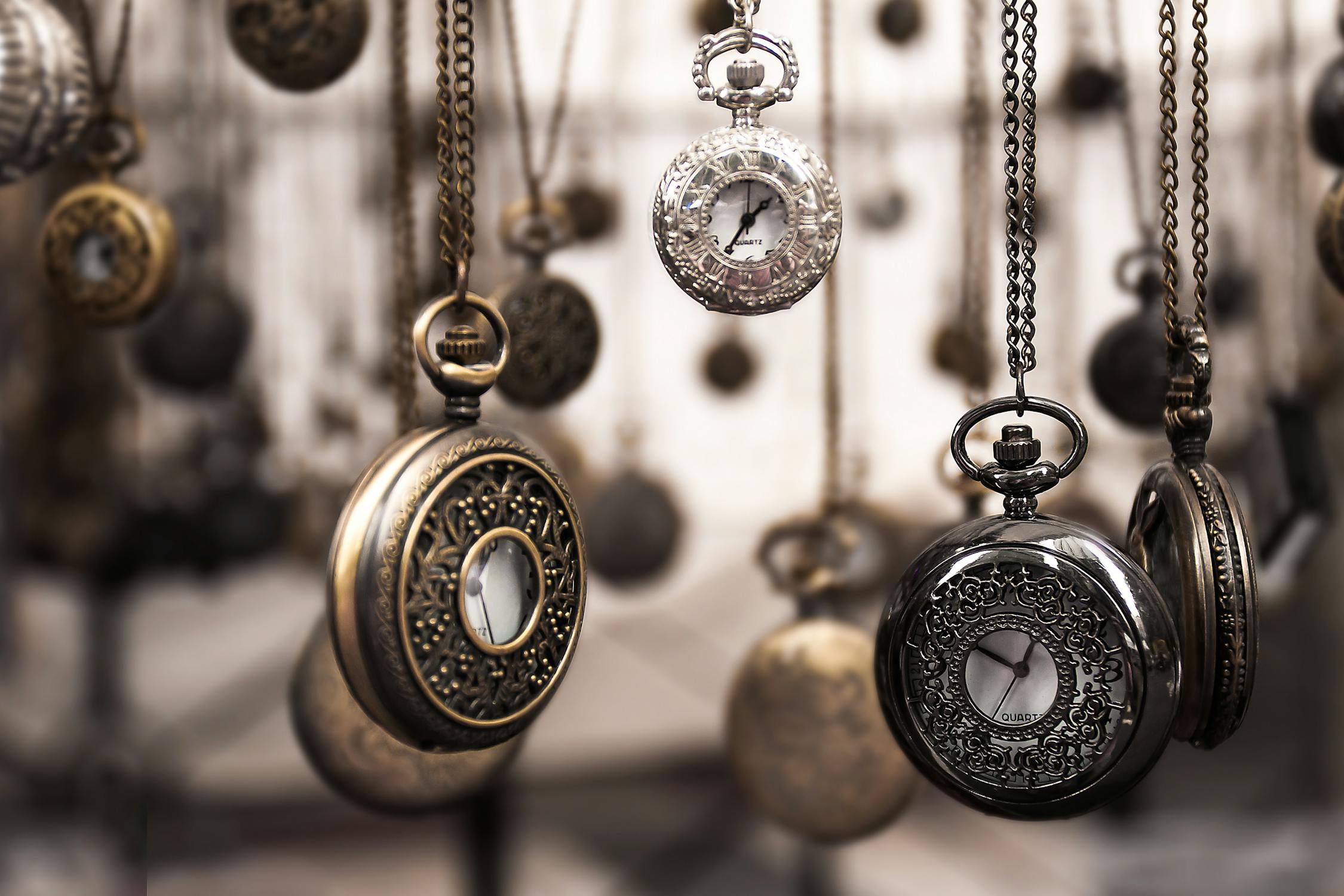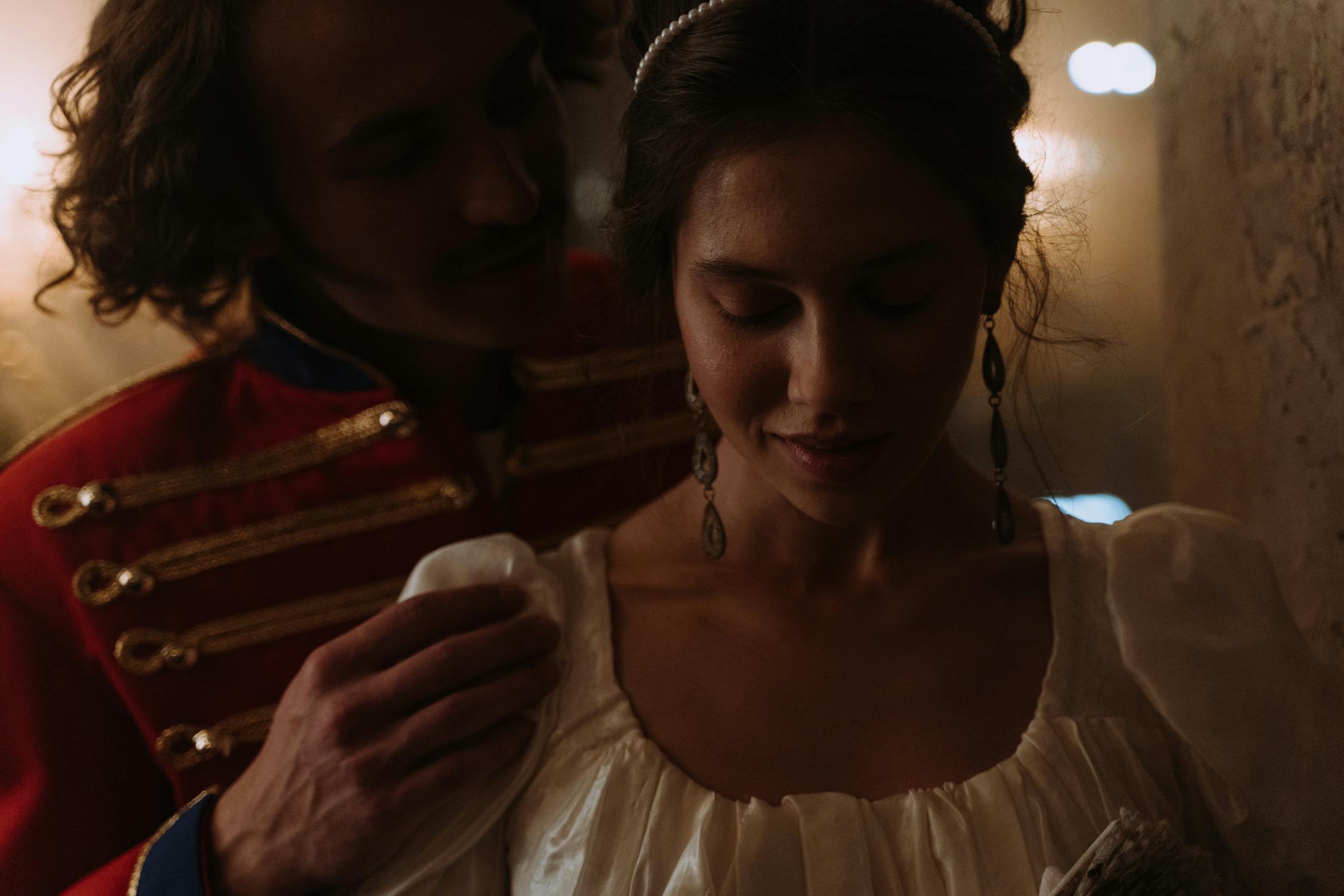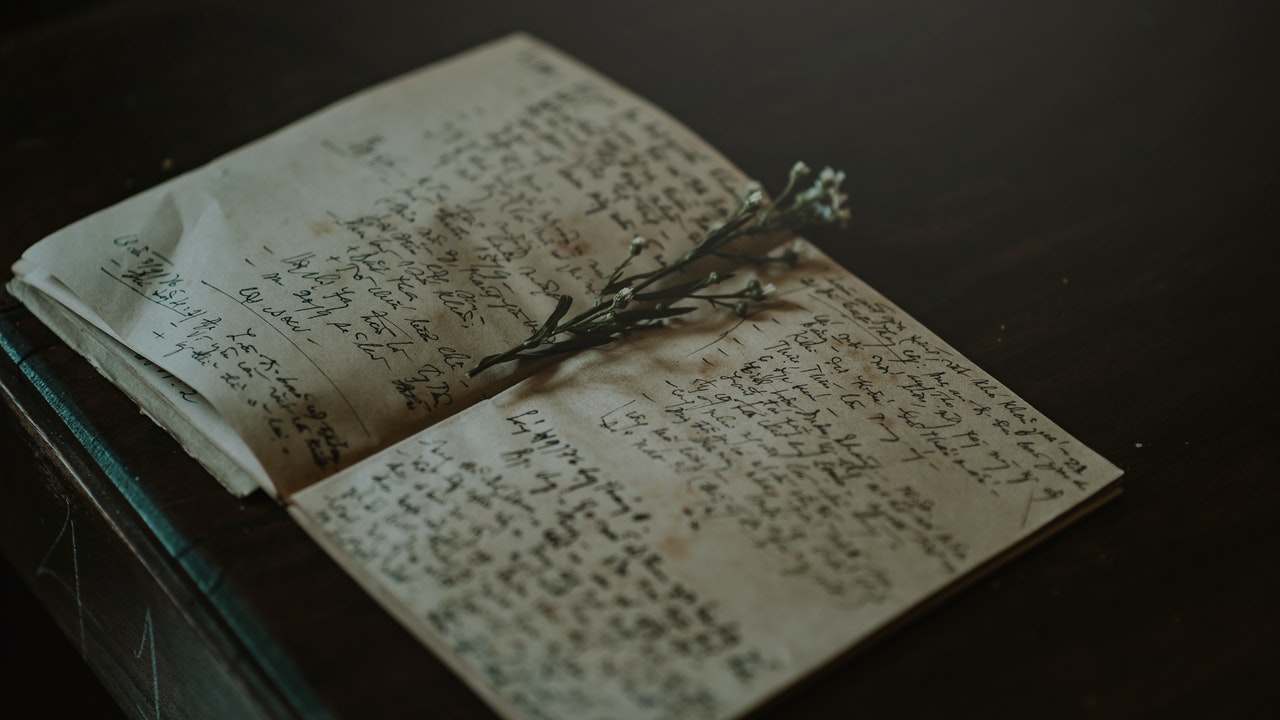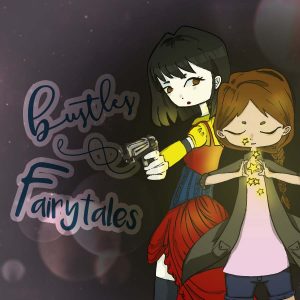This content has been archived. It may no longer be relevant
I’m not an expert in either romances or time, but I’ve read and dealt with them all my life that I feel as though I could write the story of Lyra Apollina in my sleep. And I have, plenty of times.
The fantasy genre has no shortage when it comes to young love or even time-traveling or both. It seems to be a recipe for something great. Just look at The Time Traveler’s Wife by Audrey Niffenegger which was adapted into a film only 6 years after it was published. Both novel and film, in my opinion, dealt with single-line time travel very well, obviously, the movie taking most of what was written in the novel onto the screen.
Time travel is honestly an intriguing concept especially when the writer has a set of rules for the world they create. These rules dictate how the story will flow and end. Such is the nature of time, I think. It should be the ruling factor in a time traveling story. No?

Rules of the Game.
Take for instance J.K. Rowling’s interpretation of time traveling in Harry Potter and the Prisoner of Azkaban- novel or film. Those traveling through time cannot interfere with the course of past/ past-present, but there are certain events that can only happen because they traveled to the past. A cause and effect that loops, closing time. Single-line time traveling, as I call it. In other words there’s no ‘butterfly effect’ or splitting of timelines. There is only one and will always be just one. (Though, I believe the Cursed Child butchers this rule for like a chunk of the story.)
The 2012 film Looper is the same. Though chances of a butterfly effect is plausible, the Looper played by Bruce Willis and Joseph Gordon-Levitt travels through one timeline. (Or as I understood it.) And eventually, they will come to meet each other which will then change the rules of time. But the change still falls in line with the rules set at the beginning. I know, it’s a paradox.
Just look at Doctor Who for more paradoxes. They do it so well.
In the animated series Adventure Time, Finn travels through time on multiple occasions and meets himself. As a comedic rule, meeting himself turns one of the Finns into a sword as to correct a flaw in the timeline that was created by Finn’s endless traveling. (The sword will also be later used for a grander twist, which is wonderful writing btw.)
And all the rules the writer creates must be followed or broken in a way that still follows the rules in some way or form, or in a way that logically makes sense that the magic of time traveling is ‘grounded’ to reality. Physics. Science. It must make sense. Or at least, I personally feel that it should.

Why are romances and time such a great recipe for a story?
Well, let me ask, why shouldn’t it be? Period pieces are interesting, and so far from our “normal”. What’s the fun in time traveling if you can’t experience an entirely new life.
Personally, I would travel back in time because women just never really had the sort of respect they should’ve in the past. I couldn’t live in those times especially with how my mind works. But it’s nice to live vicariously through fictional characters, fictional adventures, and shipping fictional love stories.
Just look at Kate and Leopold (2001 film). I would probably not want the same fate as Kate, having a man travel across time and space and not know how to live in the 21st century, but it’s nice to watch. Same with Queen In-Hyun’s Man (2012 KDrama), it must be so much more heart wrenching to go through what the protagonists did there. To part unexpectedly every time and not know whether you’ll see each other again is too much.
There’s been so many more other stories that have both genres so well-woven together that I could sit here and gush about them, but I wrote this blog post because I was recently cheated out of a great romance and time-travel adventure.
Ruby Red the series by Kerstin Gier was a mess when it came to building romances and time traveling, but I enjoyed the ride anyway.
It was such a strong beginning, but as the journey went on, something started to feel empty.
I won’t get into a summary, but simply put, I felt that Gier tried to tackle both aspects and failed to reign them both in. It was like reading a book. Just reading a book. Aside from the well-written cringe-worthy young love that Gwen experienced and interactions with characters not named Gideon, the story couldn’t grasp the idea of love, of falling in love, and being in that great and everlasting love that may or may not exist in real life, but definitely exists in fictional stories. As demonstrated by the few time travel romances I just mentioned, there exists this love that transcends. And I believe Gier tried very hard to get there, but it fell short and forced.
Instead, I was left with this weird icky feeling that the protagonists ended up together because she said so. And the mysteries involving their time-traveling went from intriguing and exciting to that’s it?
But it could’ve been great. I have this feeling in my gut that it could’ve been a really great love story between a time-traveling very-flawed-Romeo and modernized-Juliet versus a manipulative-physically-present-Sauron or some other classic villain.
I’m so disappointed beyond words despite enjoying the book. I’m having such difficult emotions towards this ‘okay’ story that could’ve been great.
You can try it for yourself if you’d like… As I said, I still enjoyed the books, Gwen’s adventures, her growth, friendships, family, and the story for what it tried to be. It was a good and fun read.


Interesting commentary., time travel stories are always paradoxical. Have you seen “Somewhere in Time” with Christopher Reeve and Jane Seymour? Classic …